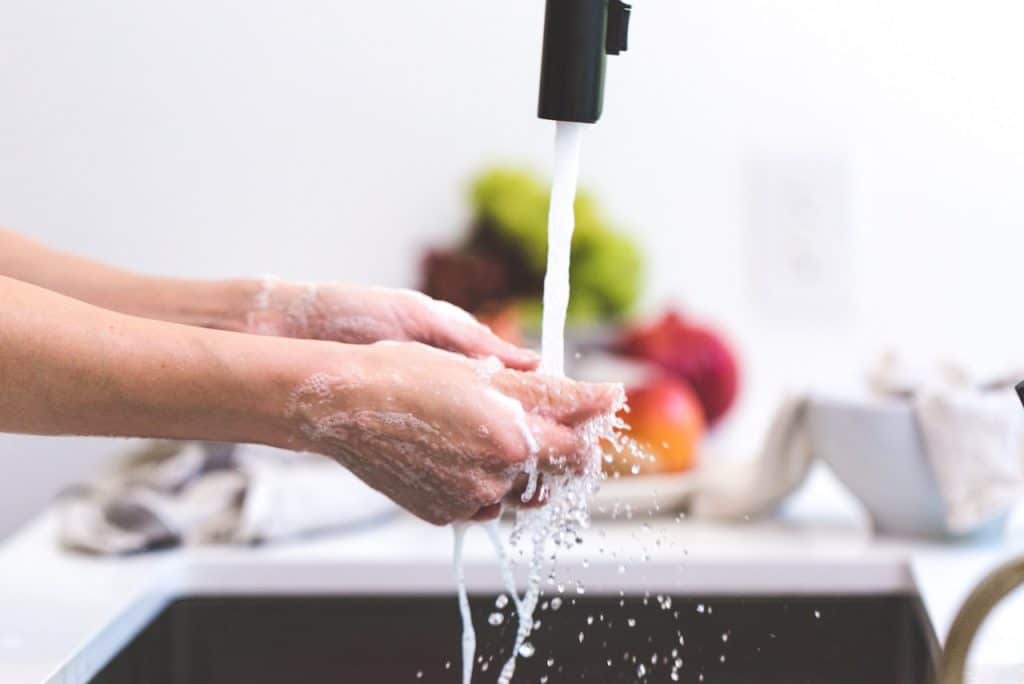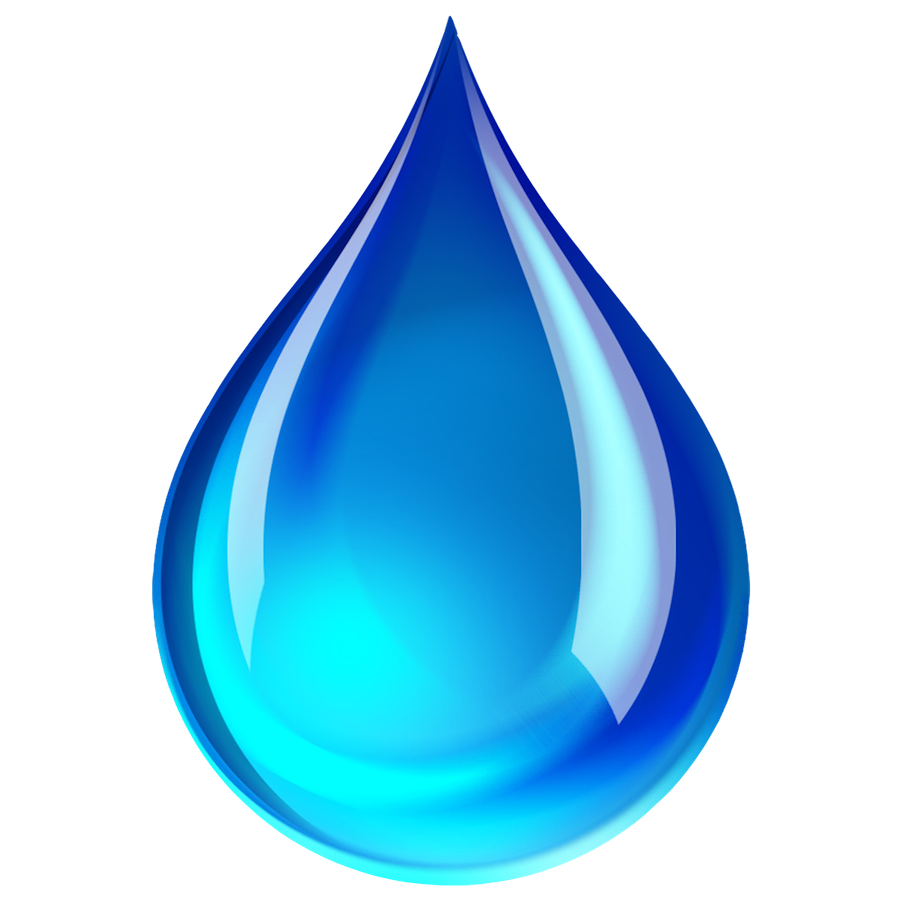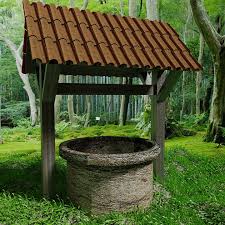
There’s a difference between a water conditioner and a water softener, though people sometimes use the terms interchangeably. The kind of water you have (as well as the budget you’re working with) may determine whether you need a water conditioner or a softener, though both have their benefits.
So what is a water conditioner? That answer will vary depending upon who you ask. A water conditioner can be many things. It can be a system that removes sediment, chlorine and odors; it can even be a system that purports to reduce scale such as magnets attached to the plumbing. It’s a system, really, which pulls out impurities from water, though it does NOT remove the minerals. The system works with the use of a resin tank, which holds different types of filtering material designed to remove a certain contaminant. Depending on the material in the tank, replacing or replenishing the material may be required. It’s important to note, however, that while the water conditioner process may reduce the effects of scaling and lessen the amount of spots left on your dishes, it cannot remove minerals like iron or calcium from your water. For that you’ll need a water softener.
Still not sure whether or not to use a water conditioner or a water softener? Ask yourself the following questions:
- Do I squeak when I bathe? Contrary to popular belief, “squeaky clean” isn’t the best option. Hard water takes away your skin’s natural oils, so softer water is the healthier choice. Some people claim that soft water makes them feel a bit slippery, but it’s usually because they are unused to feeling water the way it’s supposed to be felt.
- Do my pipes have a lot of scale? If the answer is no, then a water conditioner system might be a better choice than a softening system. If there isn’t a lot of buildup in the pipes, your water might not be as hard as you think. You should talk to an expert, however, before making the decision about what is or isn’t too much.
- What is a water conditioner going to do for my city water? It could help you remove extra chlorine or chemicals, and help remove any contaminants that might have been missed by your water company. If your health is important to you, then a conditioner could be in your future.
If you’re concerned about water spots or metals in your water, a water softener can take care of those for you. Saltless water conditioners also do nothing for spots on your dishes, and can cause you to use more soap. If you’re looking only to remove some sediment, then water conditioning is the right choice.
The Benefits of Using a Water Conditioner
In the end, whether or not you condition your water comes down to the benefits you’ll reap. In short, here’s what you stand to gain:
- Cleaner, fresher tasting water
- Water with less chlorine in it
- Water with less sediment
- Better working pipes because of reduced scaling
The best part of all, however, is that you’ll see more money in your pocket. With water conditioning, you spend less money: you don’t need a plumber as often, you can grow more food (if you wish), and you don’t need to wash clothes twice. You’ll be healthier, too, from drinking and bathing in water that isn’t contaminated – and it’s impossible to put a price on that.



